Summary
It offers a variety of attractions and activities, making it an excellent place to visit throughout the year. Here is a summary based on information obtained from multiple independent sources.
Reasons to Visit:
1. Scenic Beauty: Trap Pond State Park is known for its stunning landscapes, including the largest freshwater pond in Delaware. Visitors can enjoy picturesque views of the pond, surrounded by a dense forest of baldcypress trees.
2. Outdoor Recreation: The park offers numerous opportunities for outdoor activities, such as hiking, biking, picnicking, birdwatching, and boating. There are several well-maintained trails suitable for all experience levels, including the popular Cypress Point Trail.
3. Camping and Cabins: Trap Pond State Park provides camping facilities, including tent and RV sites, as well as cozy cabins for those seeking a more comfortable stay. The campgrounds are equipped with amenities like showers and playgrounds.
4. Nature Center: The park features a nature center that provides educational programs and exhibits about the unique ecosystem found within the park. Visitors can learn about the diverse wildlife, including various bird species, turtles, and otters.
Points of Interest:
1. Trap Pond: The centerpiece of the park, Trap Pond, spans over 90 acres and is known for its tranquility and natural beauty. It offers opportunities for boating, kayaking, and fishing.
2. Baldcypress Trees: The park is home to the northernmost stand of naturally occurring baldcypress trees in the United States. These ancient trees, some over 500 years old, create a majestic and serene environment.
3. Observation Tower: A 50-foot observation tower provides visitors with a panoramic view of the surrounding forest, offering a unique perspective of the park's diverse ecosystem.
Interesting Facts:
1. Trap Pond was originally constructed in the late 18th century to power a sawmill, making it one of the oldest surviving man-made ponds in the United States.
2. The park's name, "Trap Pond," originates from the practice of trapping muskrats that was once common in the area.
3. The baldcypress trees found in the park are well-adapted to wetland environments and have unique root structures, known as "knees," that protrude above the water.
Best Time to Visit:
The park is open year-round, and the best time to visit may depend on personal preferences and desired activities. Spring and fall offer mild temperatures, vibrant foliage, and the opportunity to witness migratory bird species. Summer is ideal for boating and other water activities, while winter provides a peaceful atmosphere and opportunities for hiking and wildlife observation.
Please note that it is always advisable to cross-reference information from various sources to ensure accuracy and up-to-date details.
°F
°F
mph
Wind
%
Humidity
15-Day Weather Outlook
5-Day Hourly Forecast Detail
Park & Land Designation Reference
Large protected natural areas managed by the federal government to preserve significant landscapes, ecosystems, and cultural resources; recreation is allowed but conservation is the priority.
State Park
Public natural or recreational areas managed by a state government, typically smaller than national parks and focused on regional natural features, recreation, and education.
Local Park
Community-level parks managed by cities or counties, emphasizing recreation, playgrounds, sports, and green space close to populated areas.
Wilderness Area
The highest level of land protection in the U.S.; designated areas where nature is left essentially untouched, with no roads, structures, or motorized access permitted.
National Recreation Area
Areas set aside primarily for outdoor recreation (boating, hiking, fishing), often around reservoirs, rivers, or scenic landscapes; may allow more development.
National Conservation Area (BLM)
BLM-managed areas with special ecological, cultural, or scientific value; more protection than typical BLM land but less strict than Wilderness Areas.
State Forest
State-managed forests focused on habitat, watershed, recreation, and sustainable timber harvest.
National Forest
Federally managed lands focused on multiple use—recreation, wildlife habitat, watershed protection, and resource extraction (like timber)—unlike the stricter protections of national parks.
Wilderness
A protected area set aside to conserve specific resources—such as wildlife, habitats, or scientific features—with regulations varying widely depending on the managing agency and purpose.
Bureau of Land Management (BLM) Land
Vast federal lands managed for mixed use—recreation, grazing, mining, conservation—with fewer restrictions than national parks or forests.
Related References

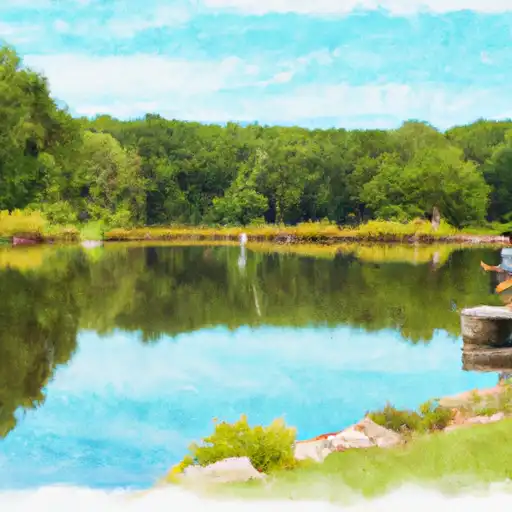 Trap Pond
Trap Pond
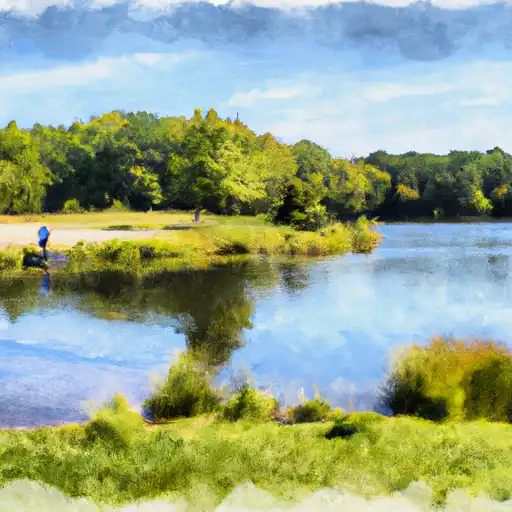 Chipman Pond
Chipman Pond
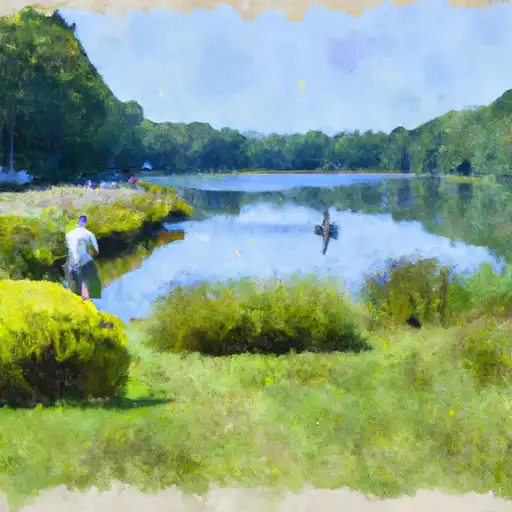 Records Pond
Records Pond
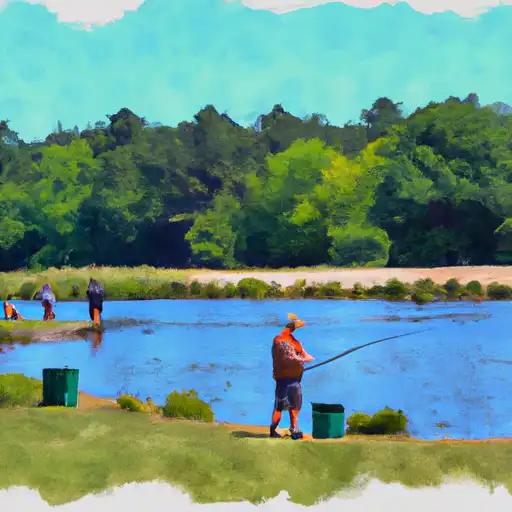 Horseys Pond
Horseys Pond
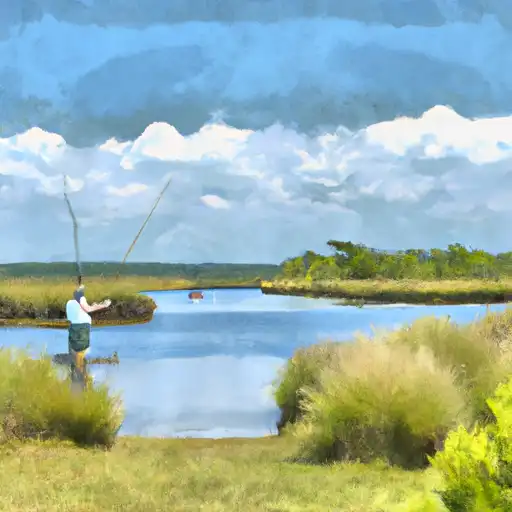 Tussock
Tussock